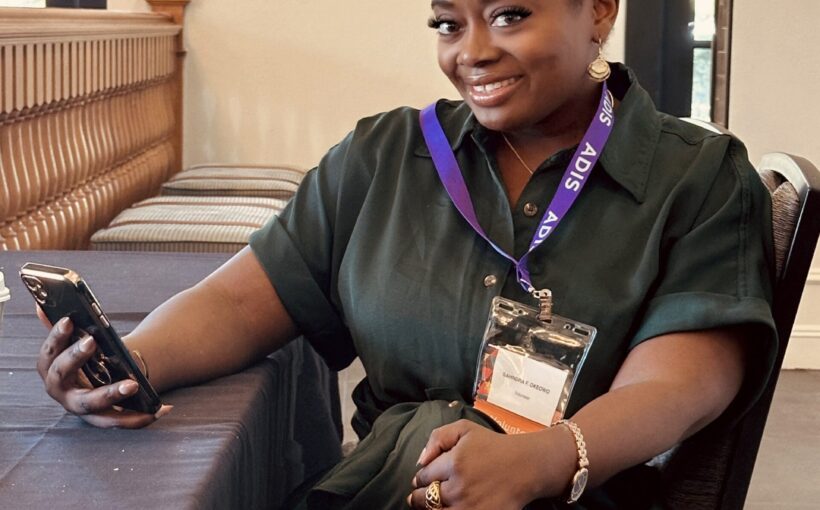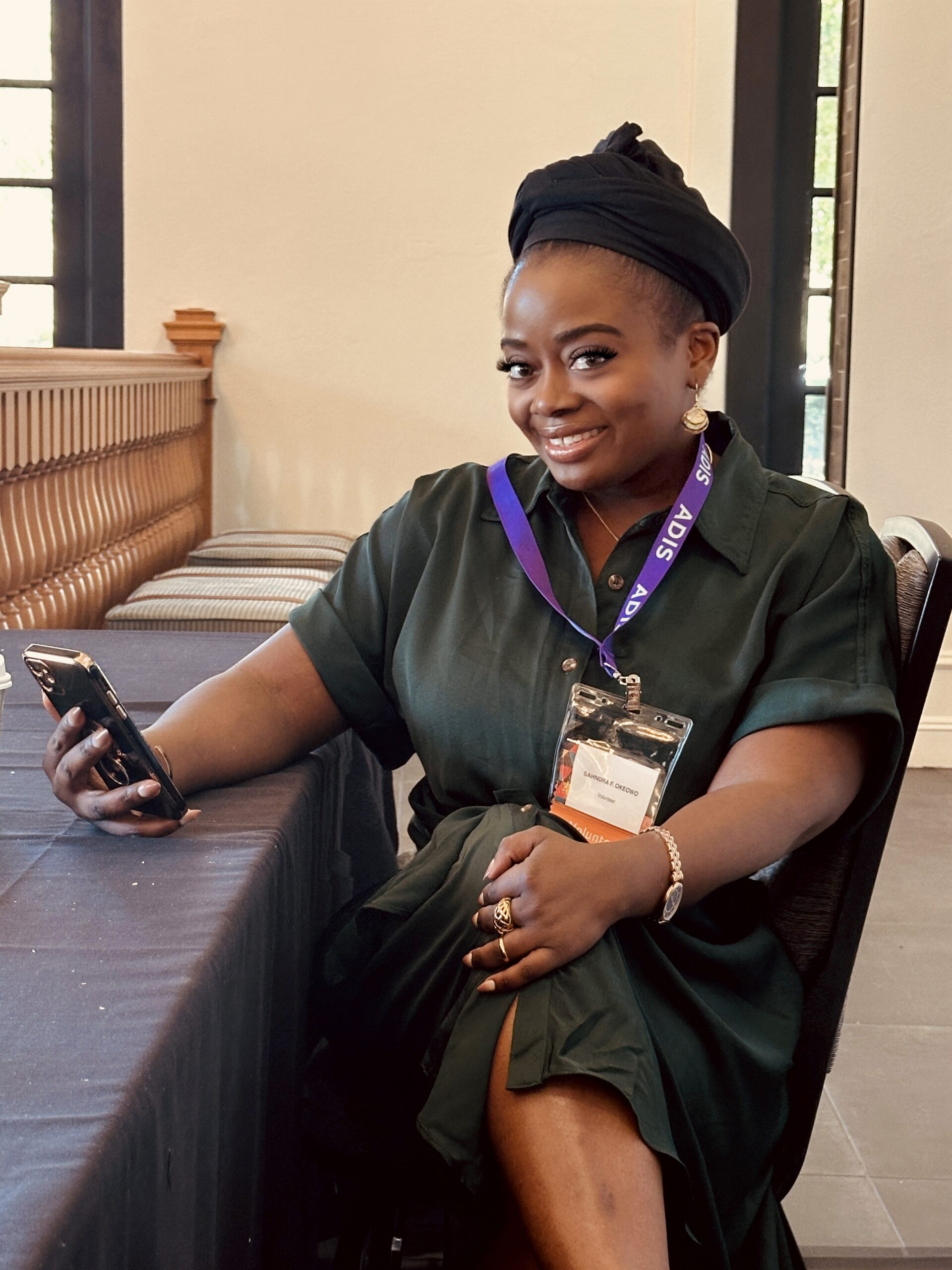
The heritage of the diaspora is a colourful mosaic of ideals, cultures, and values that span across continents. It encompasses lively celebrations, expressive dances, and unique cuisines that are influenced by Africa, the Caribbean, the Americas, and beyond. These expressions embody resilience and creativity, reflecting the adaptability and flourishing spirit of their communities. I had the privilege of witnessing this vibrant spirit at the three-day African Diaspora Investment Summit (ADIS24), where an energised atmosphere fueled support for diaspora investments and philanthropy, nurturing sustainable development.
Day two was nicknamed the ‘fireside’ day where several discussions were held on crucial issues. The speakers at the event were impressive, and I was blown away by their presentations. The morning plenary on “Sustaining Africa’s Future Beyond Remittance: Diaspora Investment in Green Energy,” featured insightful contributions from panelists Thomas Debass, Magdi M. Amin, Mimi Alemayehou, and Ali Diallo.
In the main hall, Honorable Ambassador Mukantabana, Rwanda’s Ambassador to the U.S., shared some eye-opening insights about the impact of the African diaspora on her country’s economic growth in her inspiring speech. How diaspora remittances provided financial support and facilitated valuable knowledge transfer, especially in Rwanda’s recovery post-genocide in 1994 was discussed. Similarly, Dr. Monde Muyangwa shed light on the abundant resources available to the diaspora and underlined the U.S. government’s eagerness to collaborate.
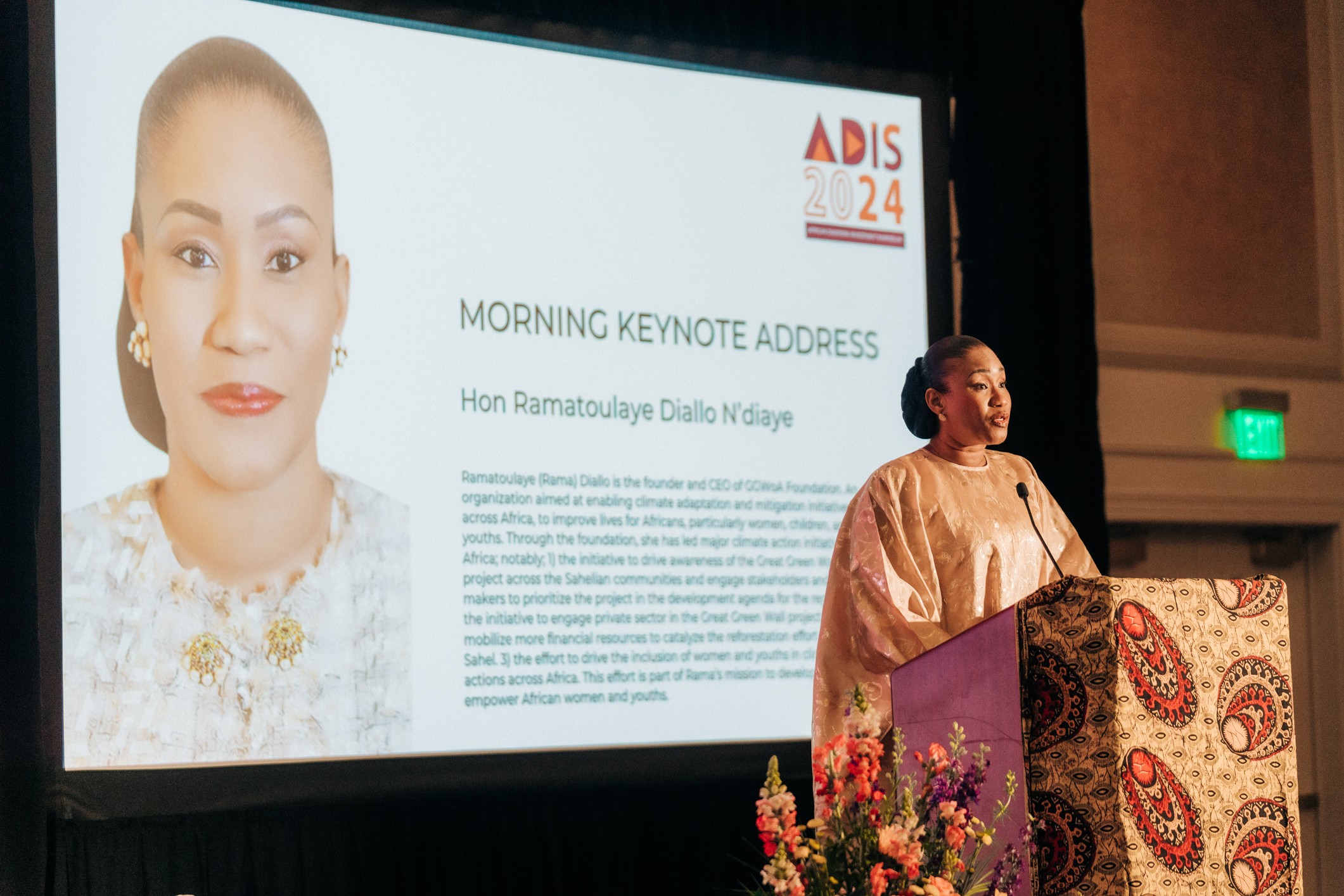
During a session titled “African Women as Climate Change Champions,” a group of influential women discussed important topics. The panel included Oula Tarssim from Giz, Angela Naa Afoley Odai from The AU, and Naomi Nwokolo from UN Global Compact Network Nigeria. The panel was chaired by Latanya Mapp, President of Rockefeller Philanthropy Advisors, which has been focused on climate change for the past four years. The conversation revolved around policy changes, investments, and other solutions that are needed to ensure that African women, in particular, have equal access to solutions amidst the growing climate crisis.
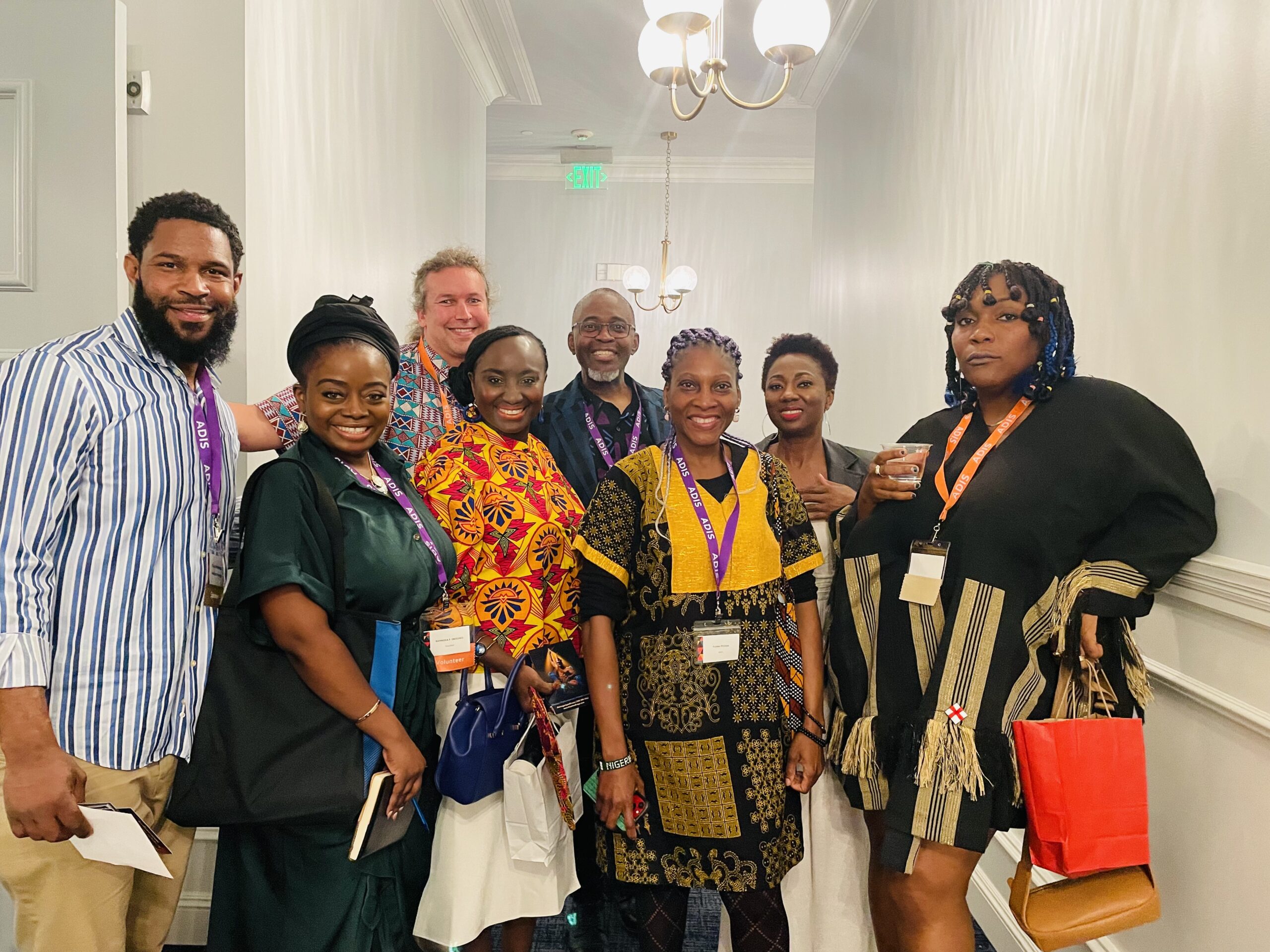
During the conversation, Angela raised awareness about the challenges faced by African women, particularly small farmers and traders, who are struggling to cope with the immediate effects of climate change. She explained that about 30% of Africa’s gross domestic product (GDP) is dependent on agriculture, with 70% of the population engaged in farming activities. Angela pondered the dilemma facing these farmers, “Climate change is a problem, but how will I feed my children? If I don’t cut down firewood today, how will my children eat?” She also shared some insights from Mali’s drought, where women portioned their provisions to save for rainy days. Despite the challenges, the African Union has an ambitious vision for the year 2063 – an inclusive, prosperous, and integrated Africa with both regional and national plans.
Naomi Nwokolo proposed a practical approach to implementing policy, emphasising the need for a gender lens and access to funding and climate-smart technologies, particularly in drought-prone areas. Neglecting these measures could result in food shortages, which would exacerbate hunger and poverty, the top SDG goals. She also called for continuous education on the impact of climate change, highlighting that women contribute up to 80% of the agricultural workforce in Nigeria and other countries, leading the charge of food production. As a woman who recently got married, I strongly resonated with the urgent need to support African women and amplify their voices in climate discussions, as explained by Oula. The consensus was clear: inclusivity is essential, with more women needed at the table to achieve all SDG goals, including gender equality. As Latanya aptly said, “We can’t create solutions for people without them at the table.”
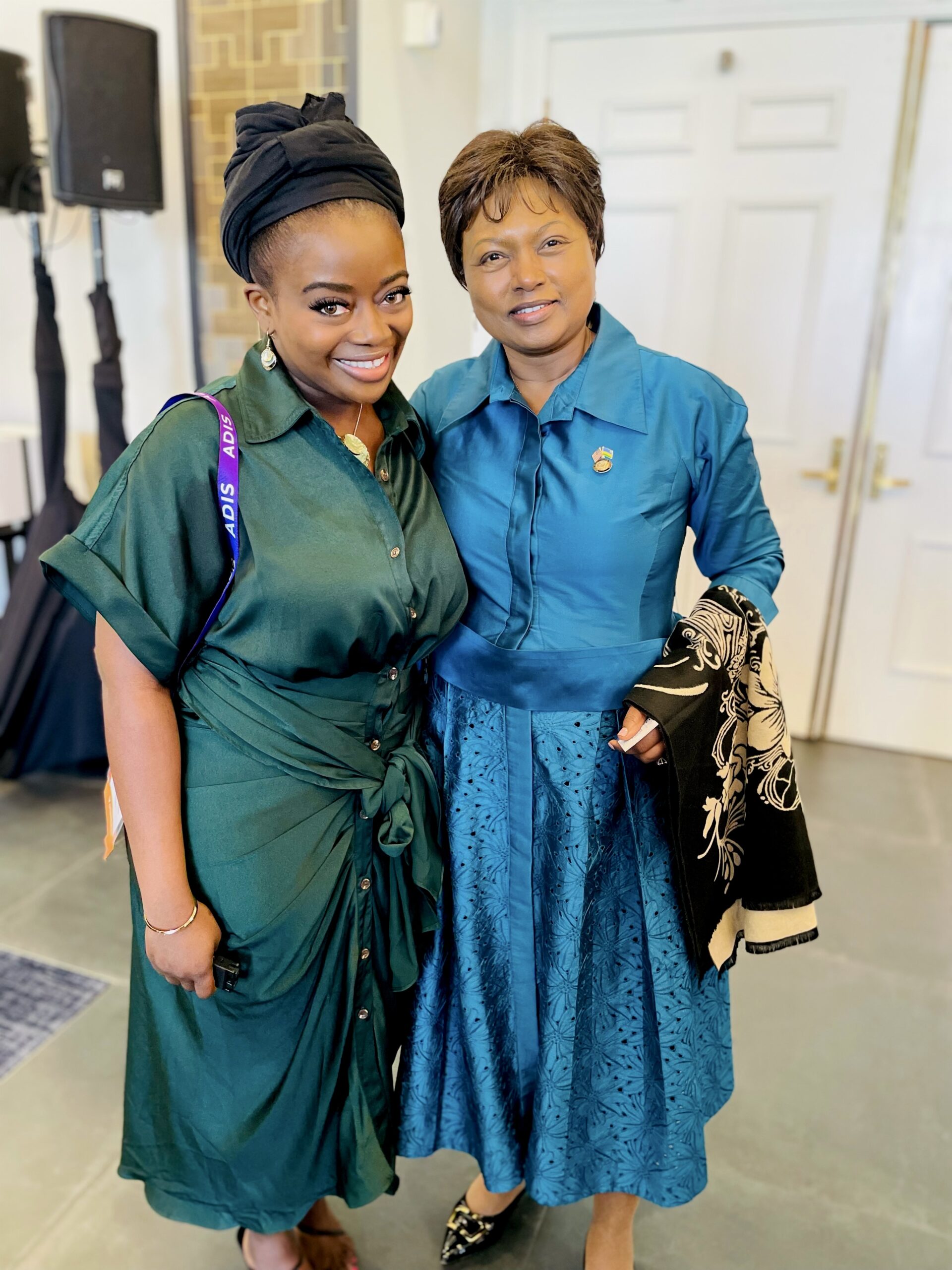
My standout session was “Fostering Creativity: Youth & Art.” As an artist myself, I resonated deeply with the inclusion of artists in these problem-solving conversations — a rarity at such events. Panelists like Chike Nwoffah, the Director of the Silicon Valley Film Festival, shared profound insights. He urged the diaspora to look back at the sustainable practices our ancestors practised, highlighting how Africans historically harmonised with Mother Nature.
Chike emphasised learning productivity from the Igbo proverb about ants and cautioned against the West appropriating and reselling African technology as “new.” I appreciated the power of film in addressing climate change, citing former US Vice President Al Gore’s impactful film “The Inconvenient Truth” as an example. Chike noted the disparity in how stories are received based on who tells them, calling attention to issues of glorification and amplification when told by white filmmakers. His call for reclaiming cultural narratives was echoed by panellists like Kiazi Malong from Congo and Nkeirula Oruche from Nigeria. They emphasised owning our stories and cultural capital beyond financial gain. The session aligns with my thoughts on taking up space and advocating for authentic representation and storytelling.
I realised that as communicators, our role in shaping the climate change narrative and designing tailored educational programs for the youth becomes paramount. How will you actively contribute to Africa’s sustainable journey?
The post Sahndra Fon Dufe: Experiencing A Confluence of Brilliance – My ADIS24 Experience (II) appeared first on BellaNaija – Showcasing Africa to the world. Read today!.
